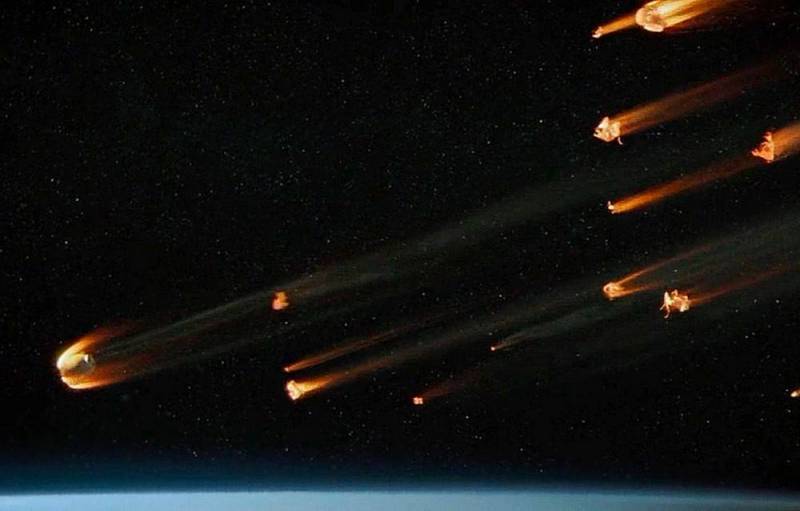What the new US campaign to ban anti-satellite tests is masking
A meeting of the UN working group with the agenda "Code of Conduct for the Responsible Use of Outer Space" was held at the Palais des Nations in Geneva. During the meeting, the US representative said that his country was "the first to commit itself not to conduct destructive tests of anti-satellite missiles", urging other countries to follow suit. The United States intends to submit relevant draft resolutions to the organizing committee of the 77th session of the UN General Assembly, which opens on September 20.
Vladimir Batyuk, director of the Center for Militarypolitical Research Institute of the US and Canadian Studies of the Russian Academy of Sciences, representing Russia at this meeting, said that Washington's suspension of anti-satellite weapons testing is motivated by very specific political desires. The White House, represented by Vice President Harris, officially demonstrated its “peacefulness” by this, but the real goal was to increase international pressure on Moscow and Beijing in order to join the US initiative.
In fact, after more than half a century of development in research and testing, the US has already developed its anti-satellite capabilities and is convinced of their ability to be used in real combat applications. Now the United States wants to use the moratorium on anti-satellite weapons testing to keep the "head start" in the arms race with China and Russia in space.
Li Song, China's special envoy for disarmament, also spoke out against American ambitions at the meeting in Geneva. He noted that the United States is the country with the earliest time, the largest number of times, and the most diverse types of anti-satellite tests conducted. Already 2 years after people launched the first artificial Earth satellite in 1959, the United States began testing anti-satellite weapons.
The tests of anti-satellite weapons conducted by the United States throughout history (and not over the past 5-10 years, as their politicians and the media like to say about it), not only caused serious damage to the space environment and space systems, but also directly contributed to the confrontation between the "great powers" and the arms race.
Li Song also pointed out that the US draft resolution assumes only testing and does not mention research and development, production, deployment or use of anti-satellite weapons, which fully shows that the US initiative is one-sided and will not impose any restrictions on them.

Information